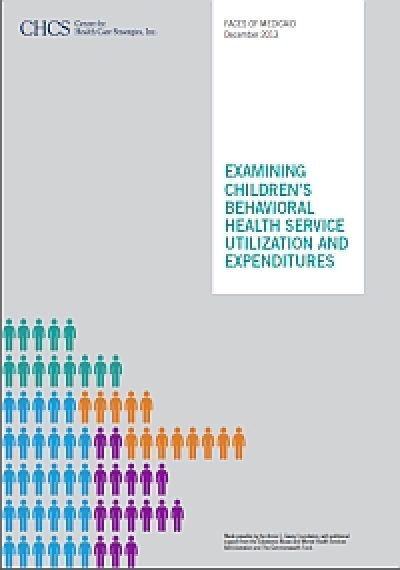Expensive Care
Less than 10% of children in Medicaid use behavioral health care, but this care accounts for roughly 38% of Medicaid expenditures for children.

Most children enrolled in Medicaid are from low-income households and many are served by multiple public programs, putting them at risk for receiving fragmented or inappropriate care. This risk is even higher for children in Medicaid with behavioral health needs, who often experience poor health outcomes at high costs.
To help states uncover opportunities to improve care for these children, the Center for Health Care Strategies analyzed behavioral health care use and expense for children in Medicaid in all 50 states. This report presents the complete study findings and methodology for this national analysis, which also examines specific topics/populations, including psychotropic medication use, children in foster care, and children with developmental disabilities. Key findings from the analysis are highlighted in an issue brief, which suggests opportunities for state policymakers and other stakeholders to improve the quality and cost-effectiveness of health care for children in Medicaid with serious behavioral health needs. For more resources, go to the CHCS website.
By examining patterns of behavioral health care use and expense in their own Medicaid programs, compared to the national baseline presented in this study, states can work toward targeted improvements in behavioral health care access, quality, and cost-effectiveness.
We hope you'll find value in this report. We’d love to get a little information from you, which we'll use to notify you about relevant new resources.